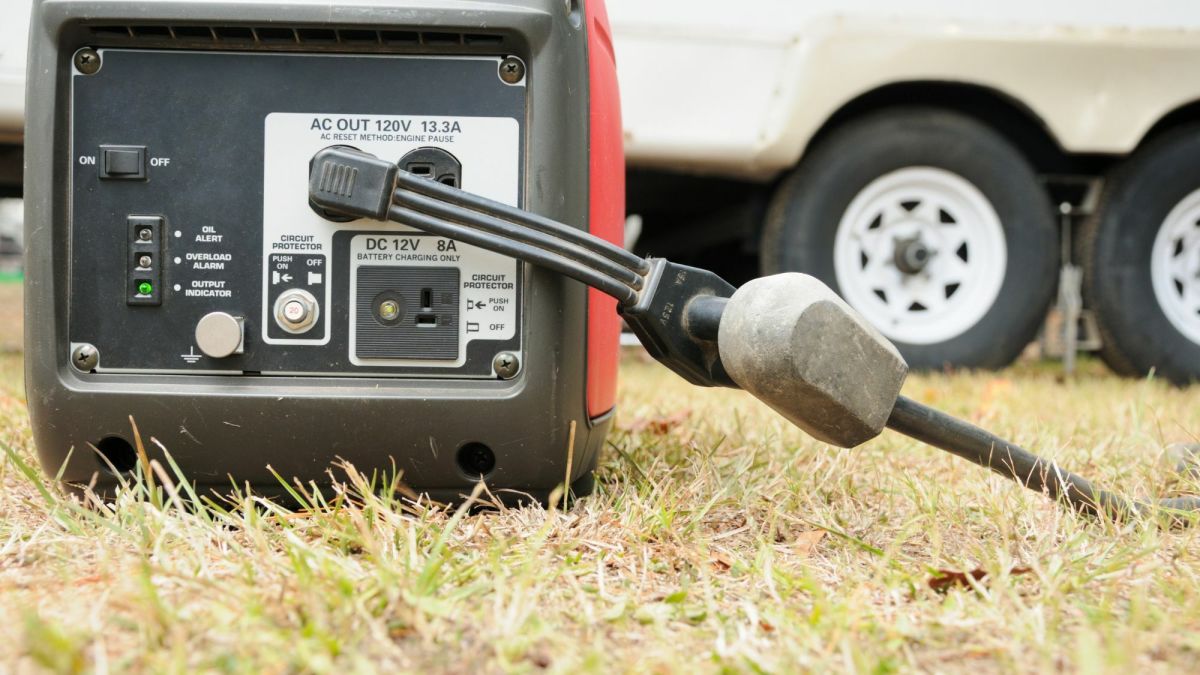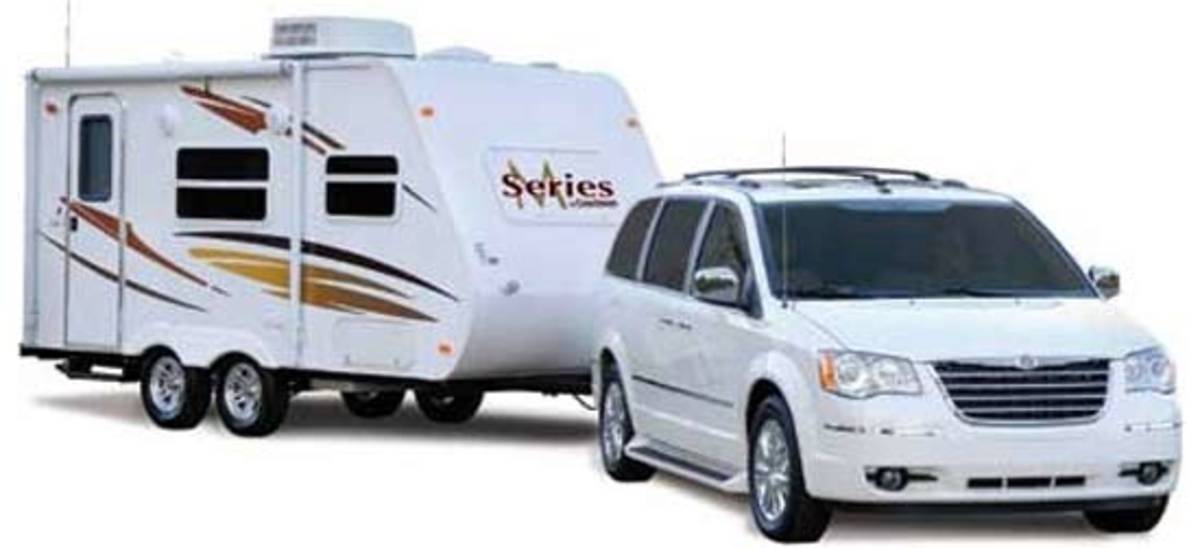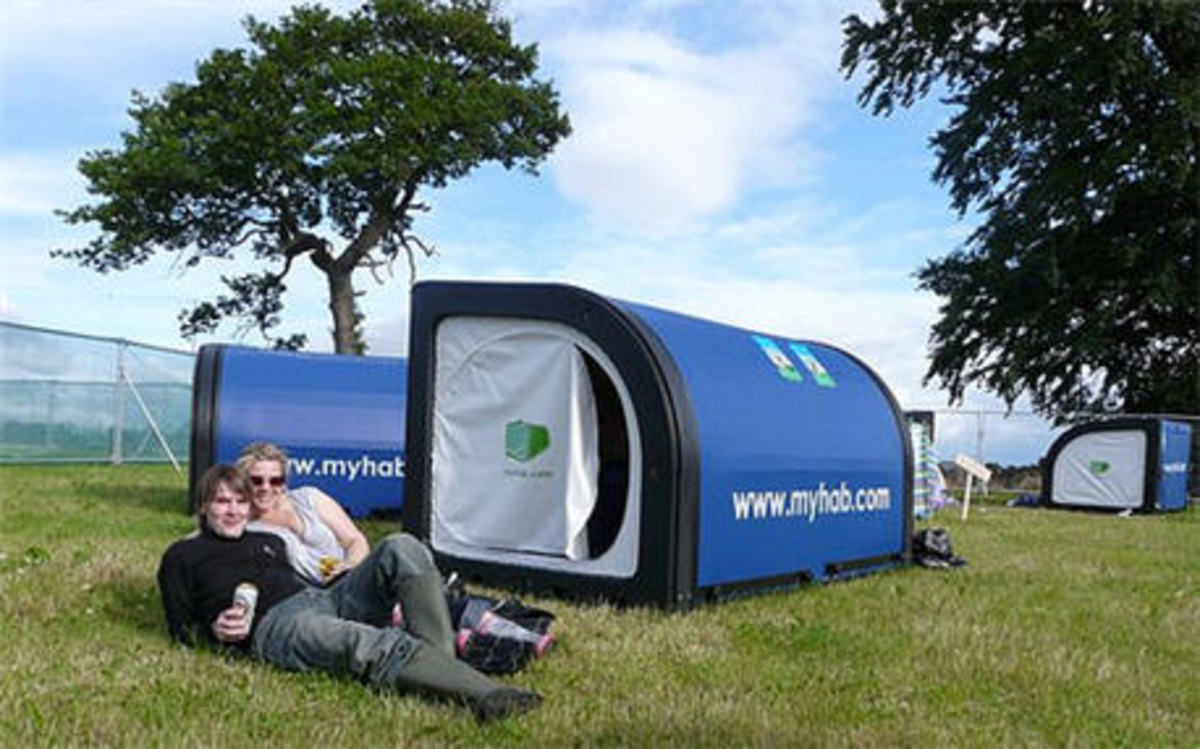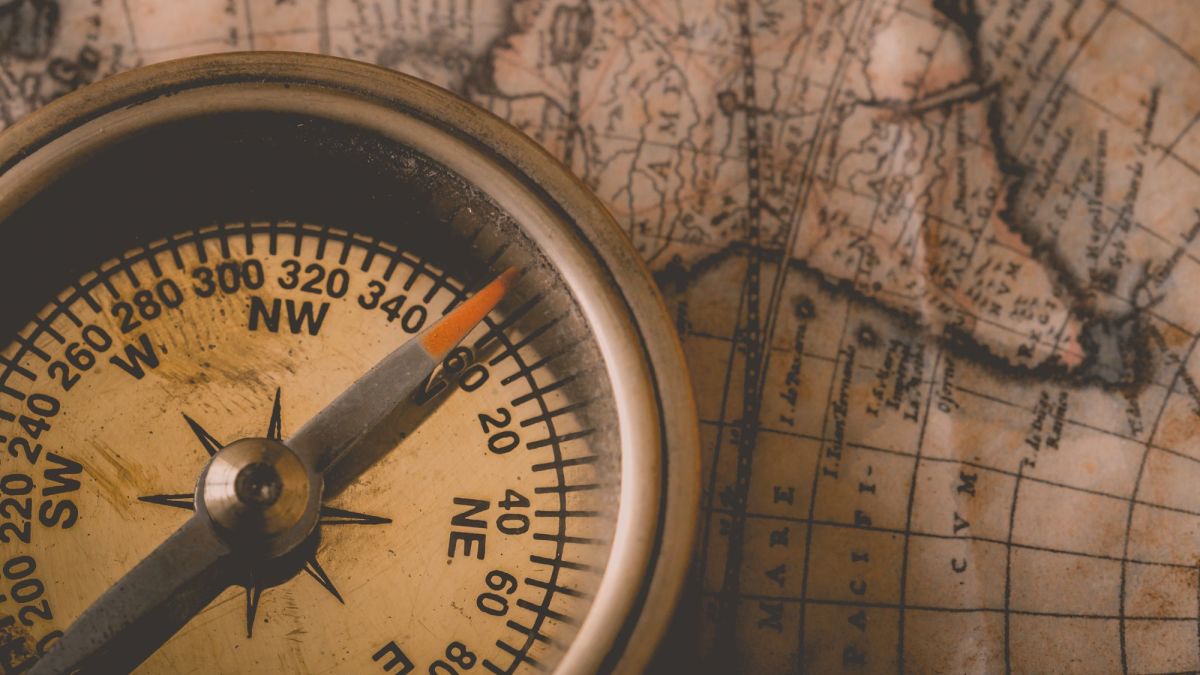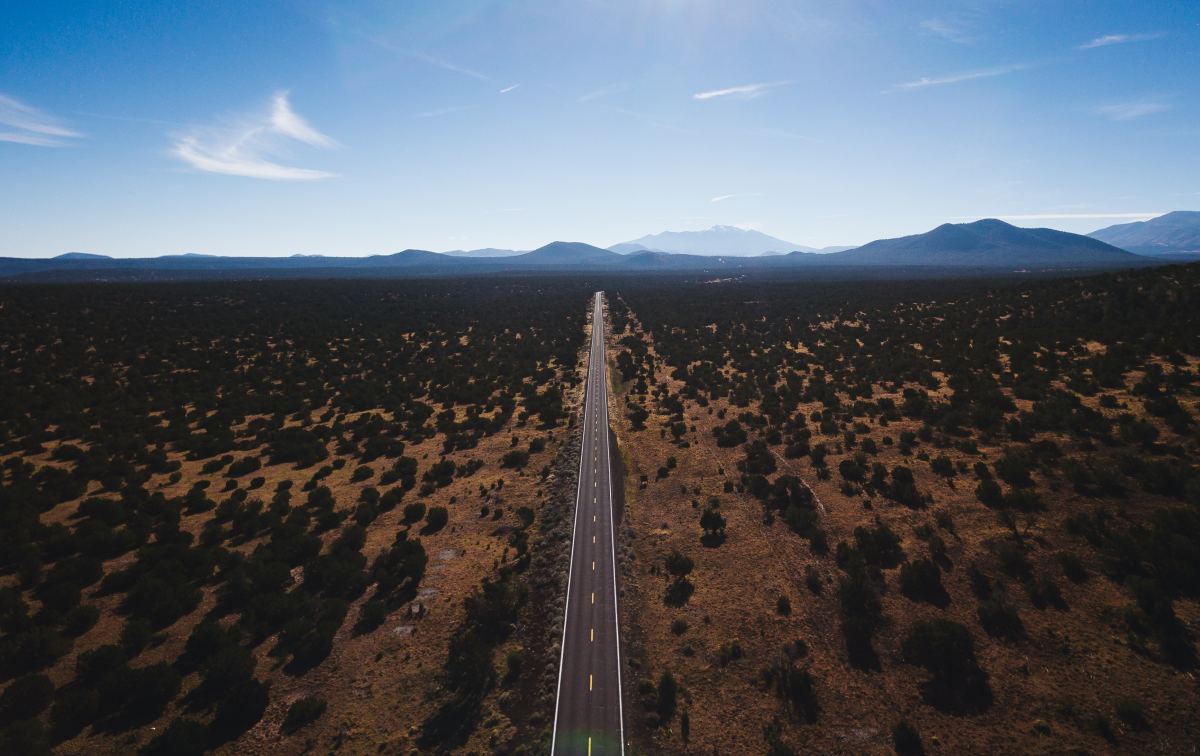Choosing the Best and Quietest Generator for Camping
Lightweight and Quiet Camping Generators
If you're trying to decide what kind of generator you need for tent camping, you first must consider what kind of appliances you'll be running with it.
To run a couple of lights, a small television and a couple of phone chargers, a 1000 watt generator should do the job just fine. For running the small television at the same time as four or five regular light bulbs, plus a blender or toaster, you'll most likely want something in the 2000 watt power range. Above that size, camping generators start to get pretty heavy and bulky, and also noisier due to the increased size of the engine. If your idea of camping doesn't involve carrying around a large generator and big tanks of fuel, then you'll want to look at small, efficient generators.
Also, in addition to becoming larger and heavier to handle, higher wattage generators become harder to start, unless they have a built in starter motor, which also ads weight.
Inverter Generators: Quieter And Cleaner Power
Inverter - type generators produce a more pure sine wave type of electricity, which means cleaner power, unlike cheaper generators which create a choppy power signal. Poor quality electrical power produced by cheap generators can cause serious problems and even do permanent damage to many electronic items, such as televisions and computers.
Inverter generators, such as those made by Honda and Kawasaki are typically much quieter than traditional, non-interter generators and may produce less than sixty decibels of noise. This will reduce the amount of noise that you generate in a campground, and make you a much better camping "neighbor".
Use Power Wisely So You Can Use A Smaller Generator
Instead of running multiple items at the same time, it's simpler and cheaper to use a 1000 to 2000 watt inverter generator and plug in those items such as toasters only when they're needed. Remember you are supposed to be camping and not living just like you do at home. If you use LED lights, you can run multiple strings of lights while only using as many watts as one standard incandescent bulb. Consider doing your cooking with propane powered appliances, instead of trying to run things such as toasters and electric griddles from your generator. An inverter generator in the 2000 watt range is sufficient for most camping needs.
You'll be glad for the lighter weight, more room in your car's trunk and less gas that the smaller inverter generators use.\
Some Thoughts On Discount Tool Store Generators
You may be tempted to buy the one of the cheap generators costing around $150 at stores like Harbor Freight, but try to resist that urge. The cheaper units are so noisy that you may even be kicked out of the park for violating noise rules, as some of these units are horribly noisy. They are now selling inverter models at Harbor Freight, however make sure that you check the noise rating in decibels and hold on to your receipt if your real world results don't match the labeling.
Among the quietest in the industry at the current time are the Kipor, Kawasaki and Honda EU series. These are small footprint, suitcase shaped generators that are easy for one person to carry and make very little noise.
Maintenance Tip
Always remember to use a fuel stabilizer or drain the fuel from your generator when you leave it stored for long periods. Otherwise the carburetor will gum up from the old gas and the unit will become hard to start.
Make Sure Your Generator Has Spark Suppression
One major reason to avoid cheap, "discount tool" store generators, besides noise level concerns, is that of fire danger. In most camping areas and all national forests, generators are required to have spark arresting mufflers. General purpose spark suppressors will prevent any sparks from engine backfiring, etc, from setting dry vegetation on fire. Check to see that the generator meets the requirements of the NFPA 110 Standard before you buy it.
Also, make sure that you follow proper safety guidelines for re-fueling your generator. Gasoline that's accidentally spilled on a hot muffler can ignite, causing a fire or explosion and potential serious bodily harm. A good rule of thumb is to let your generator sit until the muffler is no longer hot before attempting refueling.
This content is accurate and true to the best of the author’s knowledge and is not meant to substitute for formal and individualized advice from a qualified professional.
© 2008 Nolen Hart

